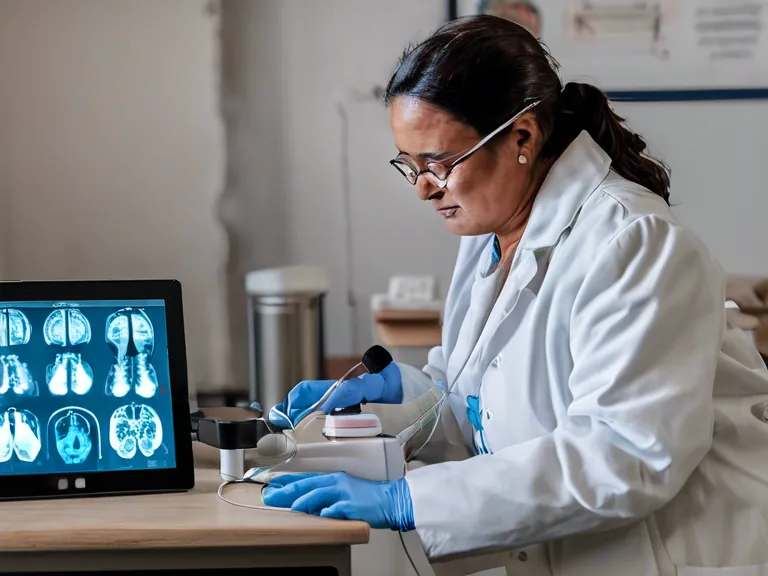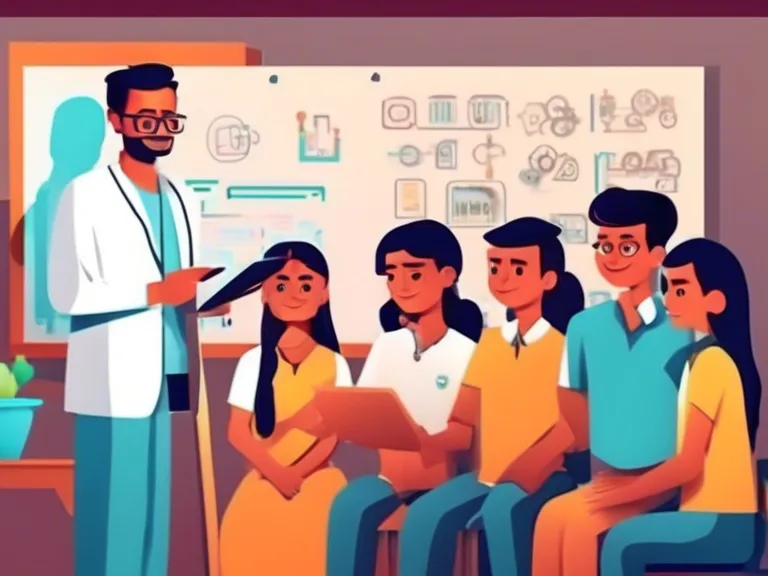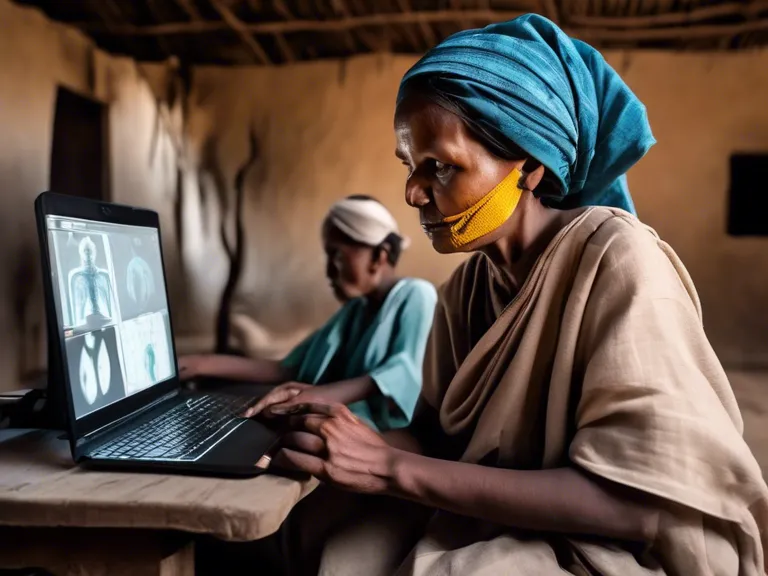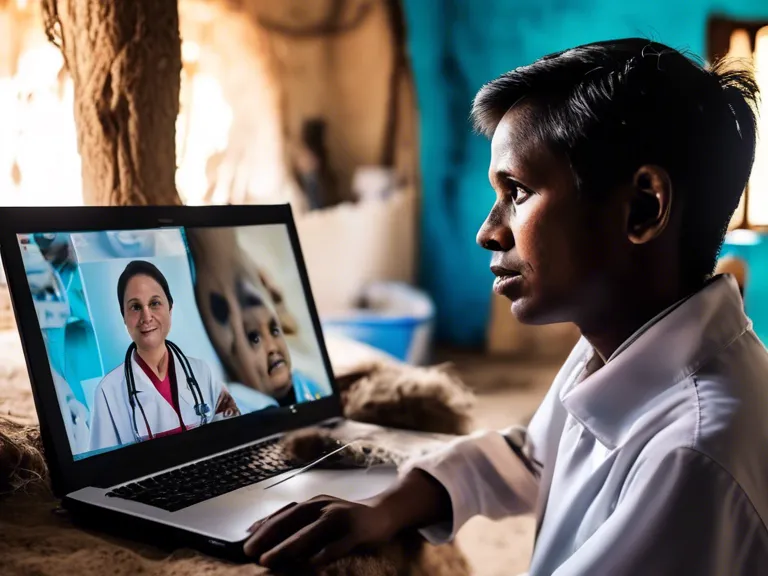
AI Diagnoses in Rural Clinics: A New Era of Health
With the advancement of technology, Artificial Intelligence (AI) has paved its way into the healthcare industry, transforming the process of diagnosing and treating patients. In rural clinics where access to specialists is limited, AI is playing a crucial role in providing accurate and timely diagnoses, ultimately improving healthcare outcomes for patients in remote areas.
One of the key benefits of using AI in rural clinics is its ability to analyze vast amounts of medical data quickly and efficiently. AI-powered diagnostic tools can process medical images, laboratory results, and patient histories to identify patterns and make predictions. This saves time for healthcare providers and ensures that patients receive timely treatment, even in areas where specialist care is scarce.
Furthermore, AI eliminates human error in the diagnostic process, providing more reliable and consistent results. By leveraging machine learning algorithms, AI systems can continuously improve their diagnostic accuracy by learning from past cases and updates in medical knowledge. This means that rural clinics can provide a high standard of care to their patients without relying solely on the expertise of a few specialists.
The integration of AI in rural clinics also facilitates telemedicine services, allowing patients to consult with healthcare providers remotely. AI-powered chatbots and virtual assistants can collect patient information, assist in triaging cases, and provide relevant medical advice. This not only expands access to healthcare services in rural areas but also reduces the burden on healthcare professionals, enabling them to focus on more complex cases that require their expertise.
Overall, the incorporation of AI in rural clinics represents a new era of health, where technology is bridging the gap between limited resources and quality care. By embracing AI-powered diagnostic tools, rural clinics can enhance their capabilities, improve patient outcomes, and ensure that every individual, regardless of their location, receives the medical attention they deserve.



